Catch + Release: Opportunity, Heritage And The American Dream
By: Martin Agency Associate Director of Talent + Culture, Cindy Lizbeth Cabral
I’ve had to see my parents work for pennies, but the value they gave that penny is what has inspired me to be who I am today.
My mother came to the US at the age of 21 from Ecuador, a country that’s on the equator. My dad moved from his homeland, the Dominican Republic, when he was 26. Both my parents came to the US for the “American Dream.” They believed fiercely in this land of opportunity—and have been chasing that opportunity ever since. Hispanic/Latinx Heritage month truly makes me think about all that my parents have done and how they’ve had to relish in that opportunity through the lives of their children who were born here.
To build a life for my siblings and I, both of my parents took on low-paying service-level jobs. My mother has worked in retail and cleaned houses her entire working life. Before becoming a pastor, my father worked in maintenance and facilities. My parents allotted me privilege. Through their goals of achieving the “American Dream,” I had doors opened. I could speak, read and write in the English language after all. My parents made it possible. I had doors open because I have an American name “Cindy.” I had doors open because I received an American education, which allowed me to go to college. I earned my bachelor's degree, the first in my family. I also went on to get my master’s degree, the first in my family.
Identity Crisis With Open Doors
Parents exposed me to the American culture in a way that allowed me to assimilate. That’s how those doors opened. I wore those American Flag Old Navy T-Shirts every Fourth of July. At Thanksgiving, my friends ate “pernil,” “ensalada de papa,” “arroz con habichuelas,” “maduros and tres leches cake.” I ate the traditional American fare: turkey, mac and cheese, mashed potatoes, cranberry sauce and pumpkin pie.
Growing up and until now, my parents' “American dream” has truthfully created a battle of identity for me in my journey. I’m often “too American” to be Latina—or “I’m Latina,” so I’m not American. I have to explain to people that I was born in the US and that my parents are from South America, because most assume that if I’m Latina I obviously wasn't born here. I have no idea who the president of Ecuador or the Dominican Republic is because I have not been exposed to my ethnicity in a way that a lot of my Hispanic/Latinx friends and family have.
This lack of exposure to my heritage doesn’t not make me any less Latina, however.
When I hear music, my body begins to move. I can move my hips and feet just as fast as any Latina. I love salsa, merengue and bachata. I can't cook arroz and habichuelas like my mom, but I’m working on it. I admire fellow Hispanic/Latinx figures like Alexandria Ocasio-Cortez, Sonia Sotamayor, John Leguizamo (he grew up in Queens like me), Gina Rodriguez, Jessica Alba, Bad Bunny—the list goes on. I’m proud to be bilingual, even though my Spanish has converted to Spanglish since I don't speak it every day. Yeah, my parents give me grief over it. And yet, they’re still calling me to translate documents and make phone calls for them in English.
My ‘American Dream’
My parents did and continue to do the best they could with what's left of the “American Dream” as we know it and see it today. They’ve experienced glory and have been proud of what their children have accomplished—just as much as they’ve experienced hate and racism and ignorance.
I respect my parents Hispanic/Latinx roots just as much as I respect them chasing the “American Dream.” I’m a proud Latina. And while I have privilege as a Latina American and privilege as a white skinned Latina American, my journey in today’s 2020 America is to ensure that my roots are not diminished. My roots must be respected and valued for what they have brought to this country. Why? That's what my parents “American Dream” upbringing taught me.
If my parents' opportunity of moving to the US opened doors for me, then I need to make sure that my opportunity in being born in the US keeps those doors open for the next generation of people like me—and others who are eager to be seen, heard, understood and valued.
We want to hear and see from you, too. If you’re itching to know something or have a question or comment we can start a dialogue on—email: katie.walley-wiegert@martinagency.com.


